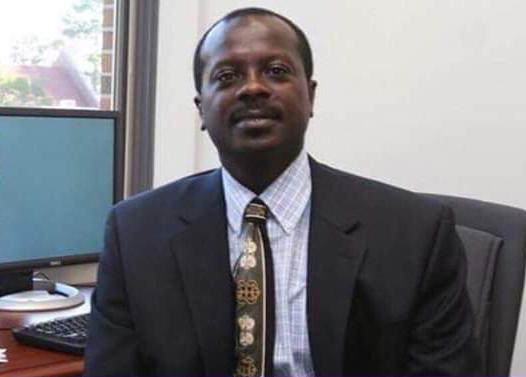Kwaku Azar critiques Akufo-Addo’s handling of CJ petition

Renowned academic Professor Stephen Kwaku Asare, popularly known as Kwaku Azar, has waded into the ongoing debate over the threshold for removing Ghana’s Chief Justice under Article 146, calling for a clearer understanding of the prima facie standard and warning against political interference in judicial accountability.
Writing on his Facebook page, he stated, “With President Mahama recently concluding that a petition to remove the Chief Justice under Article 146 does disclose a prima facie case, considerable public debate has emerged over what exactly this threshold entails.”
According to him, this renewed attention offers an opportunity to revisit former President Akufo-Addo’s January 2025 decision on a similar petition—a decision he believes was deeply flawed.
“That decision was rendered without the same degree of scrutiny now emerging. Yet it deserves no less, for its misapplication of the law not only undermined public confidence, but also threatened the constitutional balance between executive screening and independent judicial inquiry,” he argued.
Professor Asare explained that a prima facie case, as interpreted by the Supreme Court in Agyei-Twum v Attorney-General, means allegations that, if true, merit further investigation. “It is not a final judgment or a finding of guilt,” he stressed, adding that the President’s role at this stage is procedural, not evaluative.
He criticized Akufo-Addo’s handling of the 2025 petition, listing several flaws, including misapplying the prima facie standard by demanding proof instead of credible allegations, usurping the investigative committee’s role, and using biased language against the petitioner. “The President’s response read more like an apologia for the Chief Justice than an objective threshold screening,” he said.
Professor Asare also pointed to unequal treatment compared to past cases, improper disqualification based on legal interpretation, and the Council of State’s quick dismissal of the petition as factors that compromised the process.
He warned that leaving such a flawed decision unexamined would endanger judicial accountability. “Allowing this flawed determination to stand unexamined would send the wrong message: that even serious allegations against the judiciary’s highest officer can be dismissed without inquiry,” he cautioned.
Professor Asare praised the current President’s decision to refer the latest petition for investigation, saying it better aligns with constitutional standards.
“It reflects a proper appreciation of the President’s limited screening role and reaffirms the need to preserve the integrity of the Article 146 process,” he concluded, urging Ghanaians to let principle, not partisanship, guide the defense of judicial independence.





